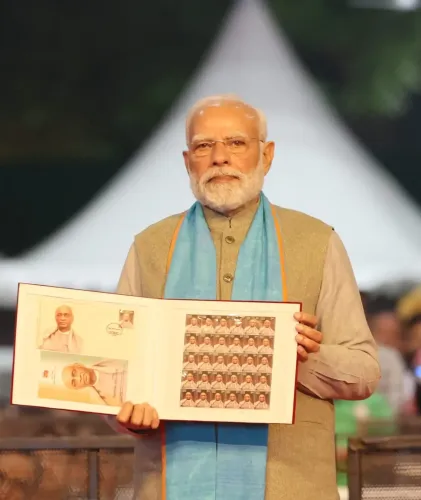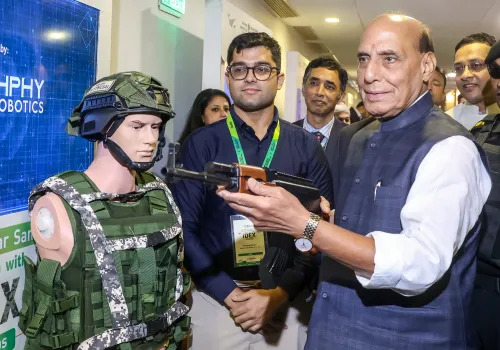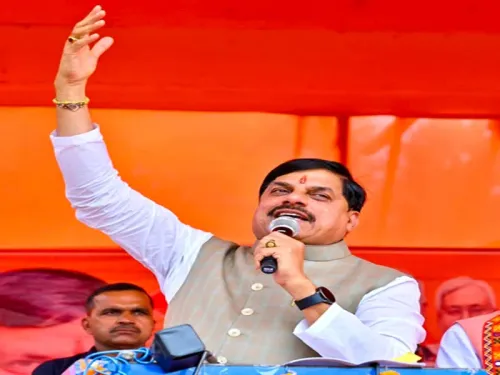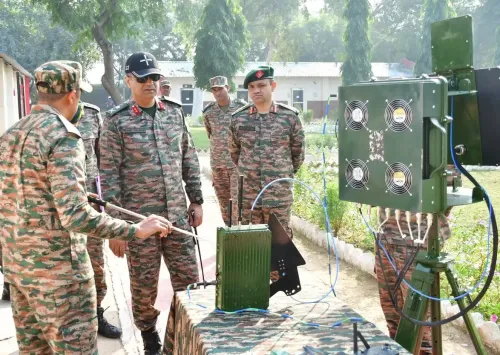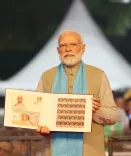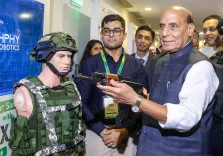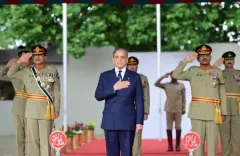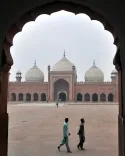Do Dynastic Ambitions Still Influence Our Politics Today?
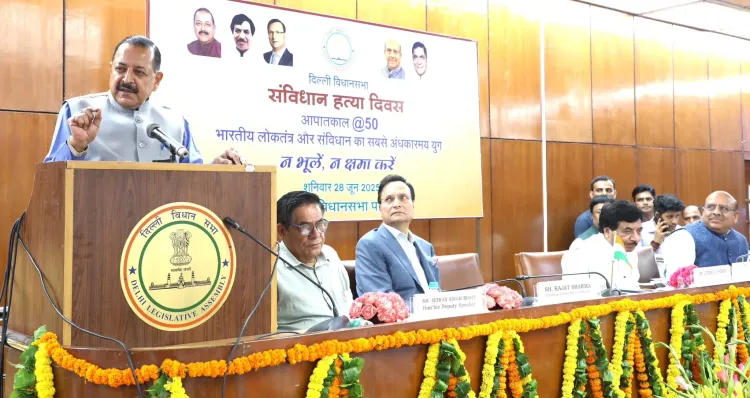
Synopsis
Key Takeaways
- Self-righteousness and dictatorial tendencies persist in today's politics.
- The Emergency had a profound impact on the democratic fabric of India.
- The need for accountability regarding past abuses remains urgent.
- Constitutional amendments made during the Emergency require public debate.
- Awareness programs are essential for educating future generations about democratic values.
New Delhi, June 28 (NationPress) Union Minister of State (Independent Charge) Jitendra Singh remarked on Saturday that self-righteousness, along with dictatorial tendencies, opportunism, a deficiency in democratic ethos, and dynastic ambitions were pivotal elements that resulted in the imposition of the Emergency.
“Regrettably, these characteristics continue to exist within our political landscape today,” he stated during a symposium titled “Bhartiya Loktantra aur Samvidhaan ka Sabse Andhkaarmaya Daur: Na Bhoolein, Na Shama Karen.” This event was organized under the banner of #SamvidhanHatyaDiwas to commemorate the 50th anniversary of the Emergency (1975–77) at the Delhi Assembly.
Expounding on the lasting impacts of the Emergency on India's democratic structure, he noted: “The bleak period from 1975 to 1977 affected every citizen in some capacity — fundamental rights were suspended, press freedom was suppressed under stringent censorship, and thousands were imprisoned without trial.”
Former Union Cabinet Minister and Deputy Speaker of the Delhi Legislative Assembly, Satyanarayan Jatiya, and Mohan Singh Bisht also attended the event.
A commemorative booklet titled “Aapatkal @50” was unveiled during the program, alongside a documentary showcasing the events and repercussions of the Emergency.
MoS Singh highlighted that forced sterilization campaigns and mass demolitions were conducted under the guise of urban improvement.
“The 42nd Constitutional Amendment, which was enacted in 1976, even extended the tenure of the Lok Sabha and State Assemblies from five to six years — a decision that was appropriately reversed by the 44th Amendment in 1978, restoring public confidence in democratic operations,” he remarked.
Assembly Speaker Vijender Gupta emphasized the ongoing task of ensuring complete accountability. He stated, “The inquiry into the aftermath of the Emergency remains unfinished. The Shah Commission Report of 1978 failed to carry out a thorough investigation into the extent of human rights abuses and administrative excesses.”
“It is crucial that a new commission is established to revisit and probe the atrocities committed during and following the Emergency.” However, he pointed out that those responsible for enforcing the Emergency have yet to face justice.
Questioning the controversial amendments made during that timeframe, Gupta stated, “Why were the terms ‘Socialist’ and ‘Secular’ added to our Constitution through the 42nd Amendment during the Emergency?”
He emphasized that such foundational changes should always be made with broad national consensus and discussion, rather than being imposed unilaterally.
“Every government must guarantee that the lessons from the Emergency are neither forgotten nor repeated. Ongoing awareness initiatives such as today’s symposium are essential to remind future generations that the sanctity of the Constitution cannot be compromised,” he asserted.

